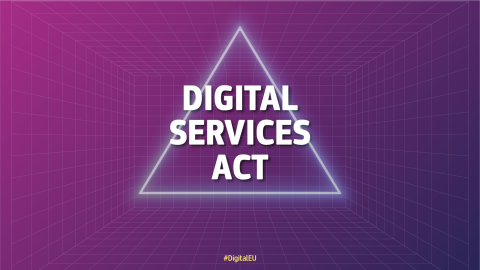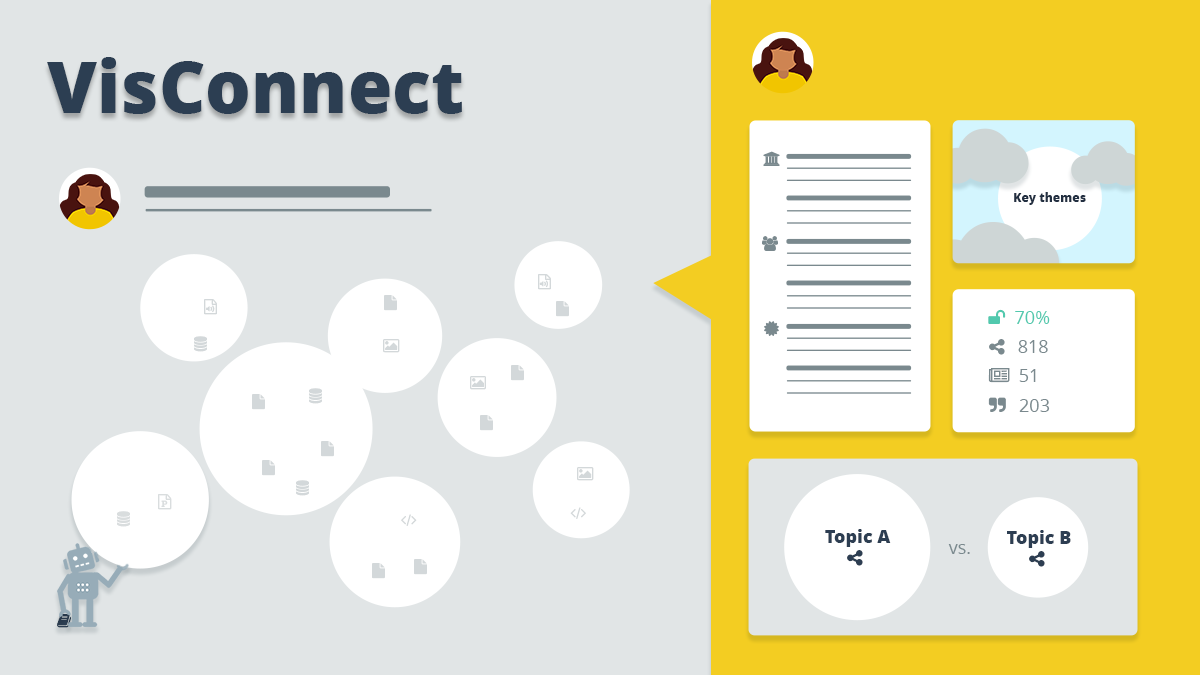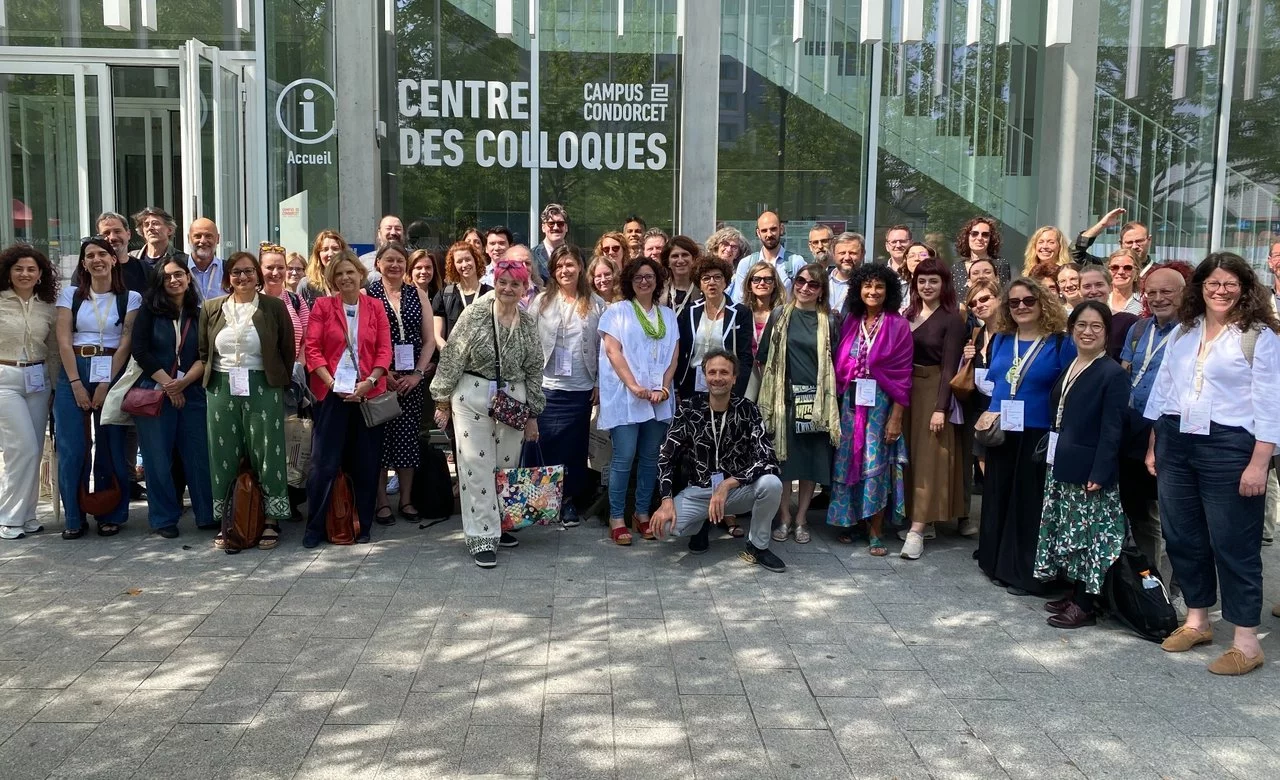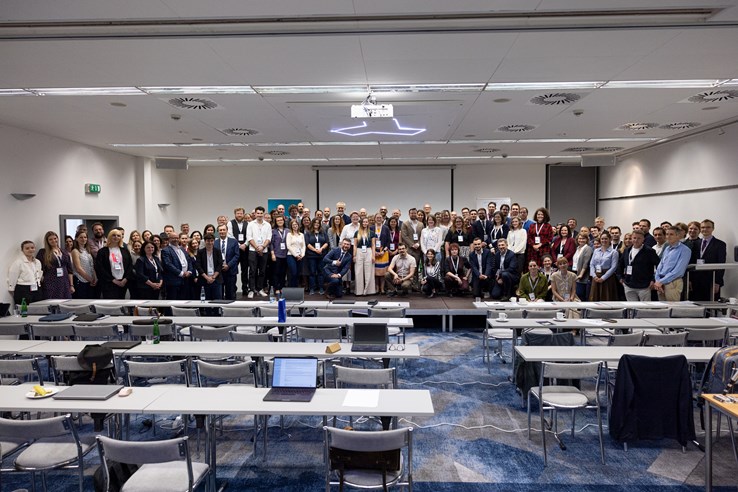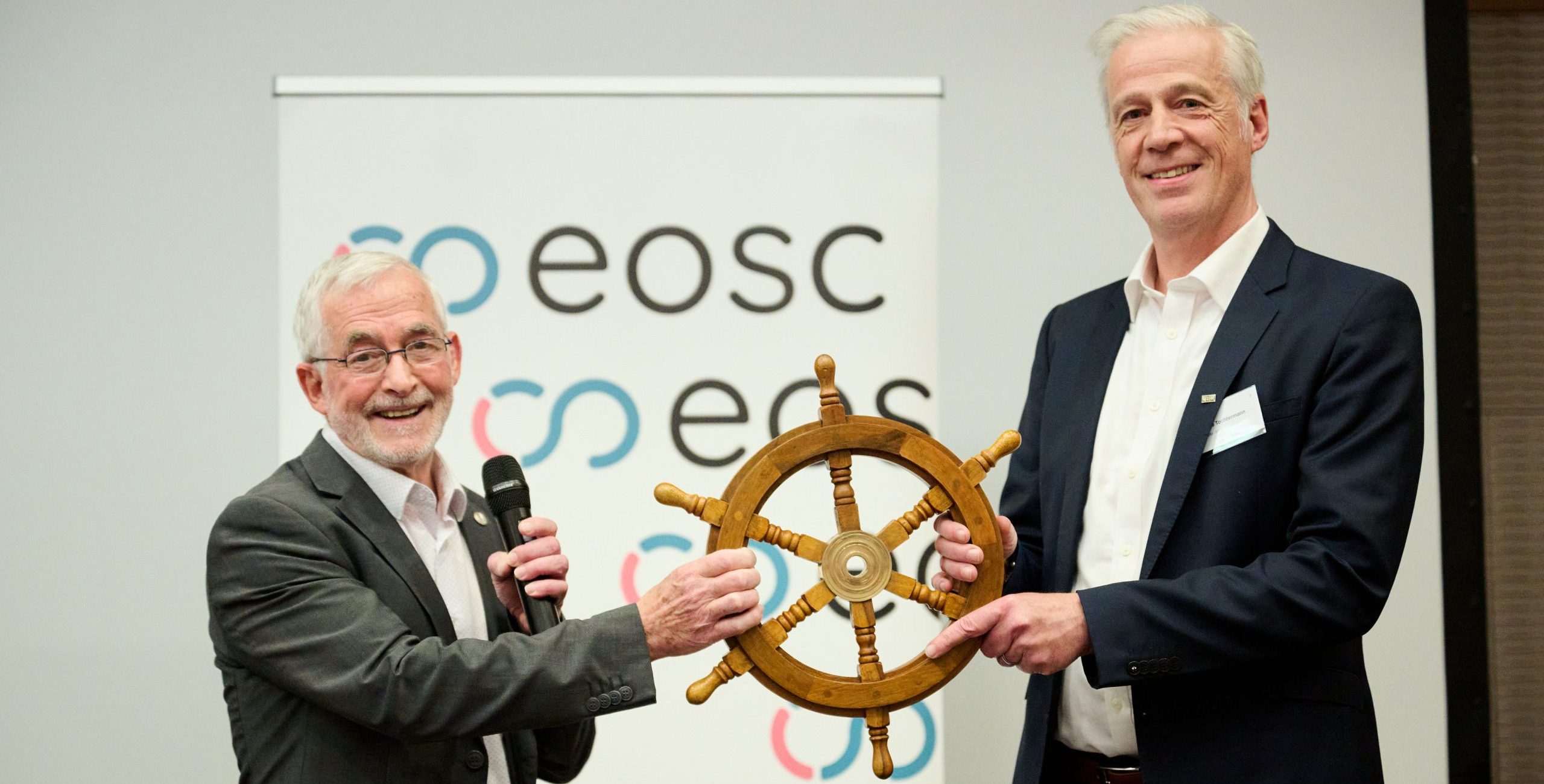Commission facilitates data access for researchers under the Digital Services Act
BRUSSELS—Through an initiative under the Digital Services Act (DSA), the European Commission helps qualified researchers access the internal data of very large online platforms (VLOPs) and search engines (VLOSEs) in the European Union.

